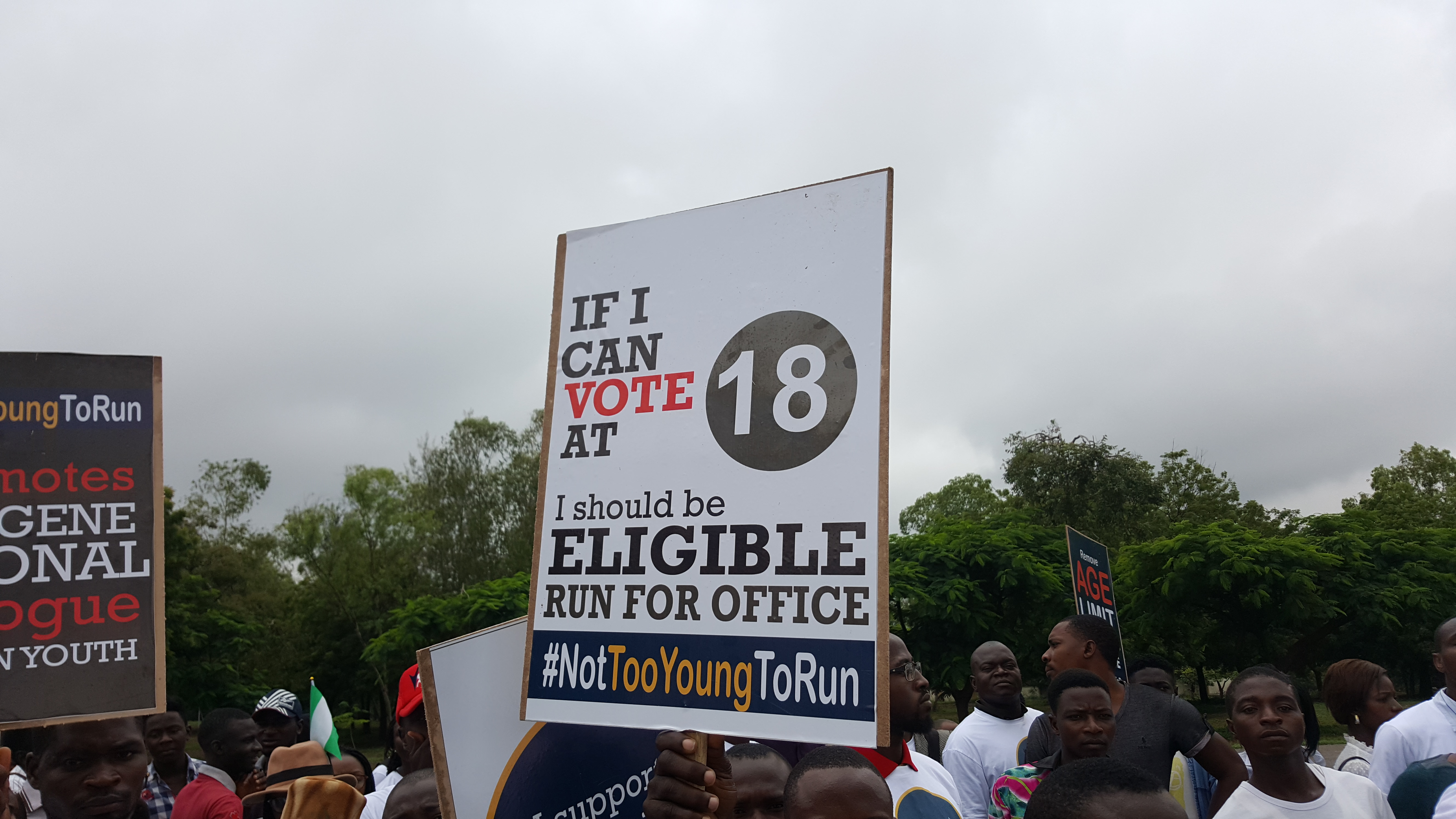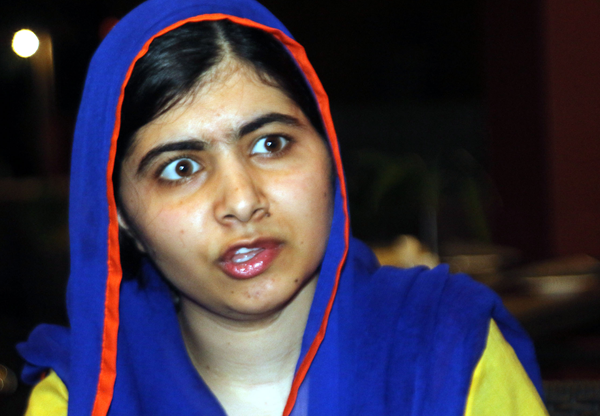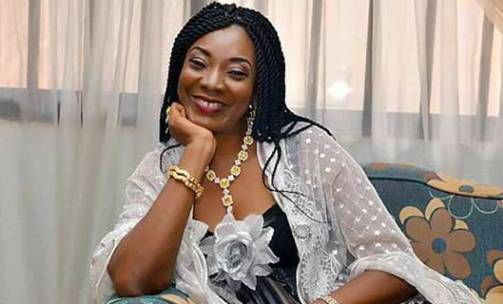Now that the National Assembly is considering passing the ‘Not Too Young to Run Bill’ apparently from public pressure, it is good to examine some few issues surrounding it. One question we should first ask, is age really the main barrier to youths occupying elective and non-elective public offices in Nigeria? Who are even the youths by the way? In a society where people close to 50 years old are claiming to be youths and people well above 50 years of age are occupying the ‘youth Leader’ positions of many political parties, how can you easily determine who is a youth?
Through the amendment of sections 65, 106, 131 and 177 of the 1999 constitution, the bill seeks to reduce the minimum age for contesting the Nigerian Presidency and Vice Presidency from 40 to 30 years, that of governors, deputy governors and senators from 35 to 30. Others are, reducing the age for contesting House of Representatives and state houses of assembly elections from 30 to 25. The bill also wants the councillorship contesting age to be reduced to 20 from 25 as well as youth inclusion in politics.
First, age in my opinion shouldn’t even be a major electoral criterion for any candidate contesting elections anywhere. I will propose that a standard process should be put in place by electoral bodies like INEC where candidates will prove their basic capability of successfully holding the office they are aspiring for. Such a process should come with guidelines other than age for qualification to contest for any office. A candidate above 20 to 25 years should be allowed to run, depending on the kind of office, as long as he has proven his minimum ability to hold that office satisfactorily. This however doesn’t mean he may not fail after getting elected; because just like age, many times, failure in public office may have little or nothing to do with capacity. There are so many factors that lead to failure in this regard..
Second, if the issue of age must be considered as a primary requirement in qualification for elections, then we should consider maximum age for which one must not run for office and not only the minimum age for running. For instance, a man above 70 or 80 years old must not hold public office for the fear that he may not be able to perform his functions properly. It may be easier for a young man to cope and gain experience from the office, than an old man whose body and spirit can’t cope with the job. This will perhaps ensure fairness against age discrimination in the electoral process.
Advertisement
If age must be an issue, I think, it should equally be considered in the case of the voters as well. For example, how are we sure that an 18 year old can make a good political decision while voting? What experiences does he have to ensure that he votes along national interests? On the other hand, how many 30 to 70 year old people have actually brought their experience and old age to bear while making political decisions? Don’t we have many 30 to 70 year olds in Nigeria who still vote along ethnic and sectional lines while they know clearly that it isn’t good for the country?
Third, what actually is the correlation between age and good governance? How many of our youths have been given chances to hold both elective and appointed public offices? How much difference have they made? We once had a 35 year old Dimeji Bankole as the Speaker of the Federal House of Representatives. How was his tenure better than that of the then over 50 years old Aminu Bello Masari who served before him? The current age of the 36 Nigerian Governors range from between 47 to 67, what result are we likely to get, if we rank their performance by age?
There is an argument that leaders who served in the First and Second Republics were mostly young and they did well. However, the truth is that, they didn’t do well because of their age; they did well because they were disciplined and they operated in an honestly-driven system quite different from what we have today. Therefore, the best way is to let a candidate satisfy critical requirements like sanity, maturity, literacy, etc and let the electorate decide whether he is too young or not to govern..
Advertisement
Fourth, many of our youths have effectively proven to be the main enemies of their own progress by becoming stooges and sycophants of politicians. The Nigerian political space is dotted with hopeless youths who serve as thugs, hero worshippers, social media warriors and errand boys who do dirty works for political leaders which apart from the office they hold, are no better than them. The love for easy money has driven our youths crazy and they no longer truly aspire to be leaders themselves, they rather remain political jobbers.
The few serious and determined youths that are available and willing to make a difference are not been helped by their fellow youths. The ‘big’ political parties won’t field young people for elective posts except the few ones nominated by godfathers to serve some vested interests and our youths would rather support old politicians than their counterparts in small parties. What then is the benefit of their majority? This bill cannot help Nigerian youths more than they can help themselves. It is just like the case of Nigerian women who want 30% of elective posts but will not vote for any woman who decides to contest.
Lastly, the nature of our politics in Nigeria and not age is the major barrier to youths running for elections in Nigeria. Nigerian politics seems to be only for the rich people or for people backed by godfathers with big purses. This is because many Nigerians are money worshippers and also politics has been turned into a big commercial and lucrative industry. This is why we witnessed excessive use of money to buy party nominations in all our elections from 2003 to date.
Our youths need #NotTooPoorToRun much more than they need this #NotTooYoungToRun. Let’s pass a bill that will demonetize and de-godfatherize our politics and see wonders.
Advertisement
Twitter: @AmirAbdulazeez
Views expressed by contributors are strictly personal and not of TheCable.
Add a comment







